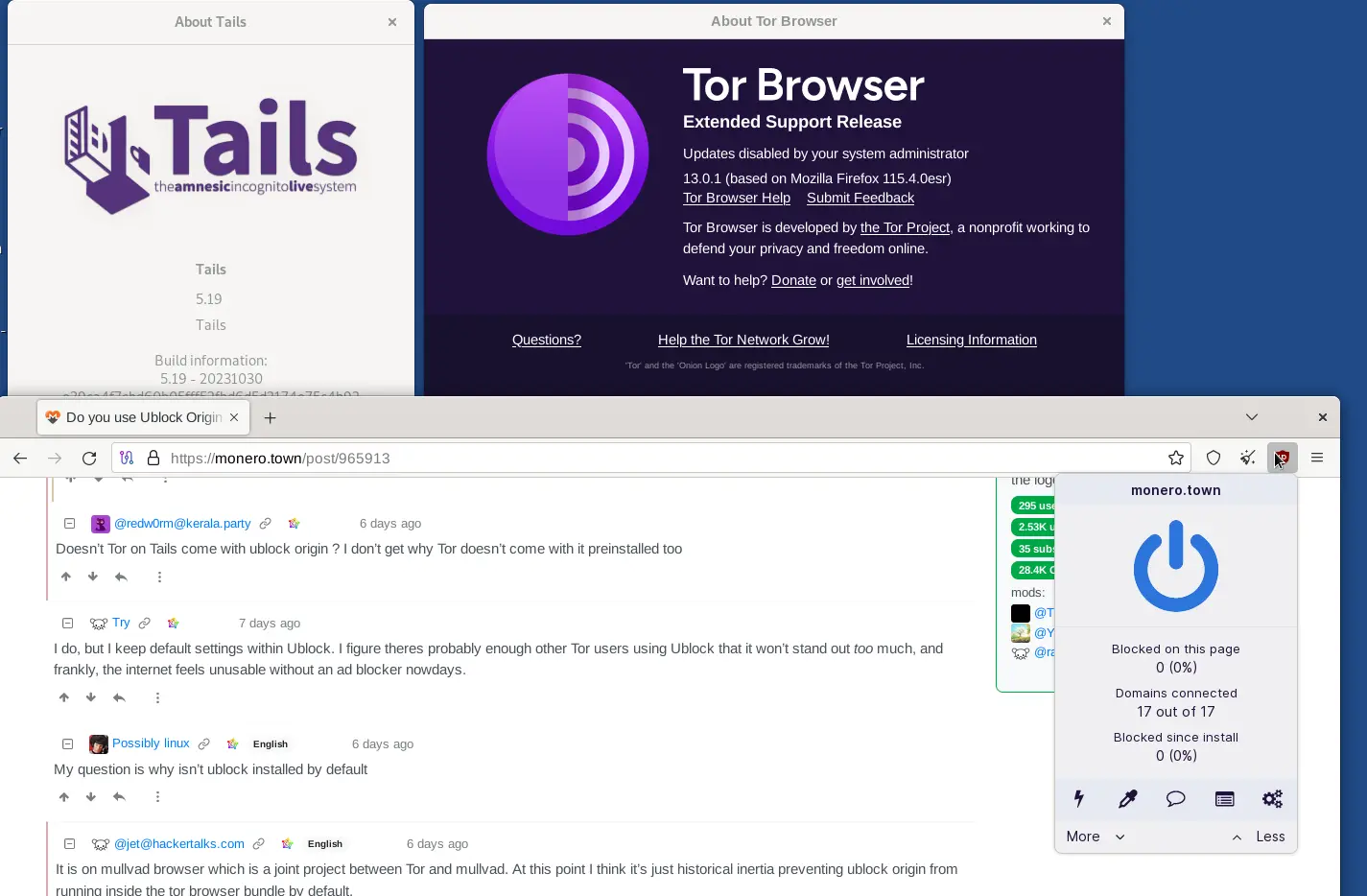Let’s say I’m selling you a book B and accepting a crypto payment. What if you sent me your crypto C trusting me, but I exit-scammed, vanishing without sending you B you’re trying to buy? That’d be bad. But what if I sent you B first, trusting you’ll send me C as soon as you receive B? Now you could cheat and vanish without paying. That’d be bad too.
To prevent any of those things from happening, there are a few methods. One is a 2-of-3 escrow service. Another is 2-of-2. Both based on multisig. A simplified example follows.
The book costs you 100€. You’ll send, say, 200€ to address A controlled by both you and me via multi-signature. I too will send 100€ to A. Now Wallet A has 300€. When 2 persons (you and I) sign, there will be a 2-output transaction from A to you (100€) and to me (200€), but any single person can’t move fund from A. That’s multisig.
Now I must send you the book in a good condition, because I don’t want to lose my 100€. So I’ll act carefully and honestly, and sign when I ship the book. You too will be willing to sign when you receive the book, because otherwise you can’t retrieve your 100€ (you deposited 200, when the book only costs 100). Sometimes an unexpected accident may happen, but usually something like this will work pretty well. This is one way how a P2P platform works (not very accurate, but I hope you get the idea).

Actually, Proton + your local key = don’t work very good. Usually you’ll have to use a key pair generated by Proton—sharing your sec with the provider is not good.
Nevertheless, Proton is 100 times better than Google to be sure. Those who are trying to ditch Google, Proton and Tuta are two good options to consider, also recommended by PrivacyGuides. For those who had ditched Big Tech and now starting to wonder if Proton is okay… that’s a bit tricky, still I say Proton is nod bad. I had recommended Proton to my friends until the French activist incident, followed by a few more bad incidents. Yet it’s understandable that Proton must obey it if they get a valid court order… If you’re a normal, daily user, Proton is good enough (if not the best), albeit a bit overpriced.